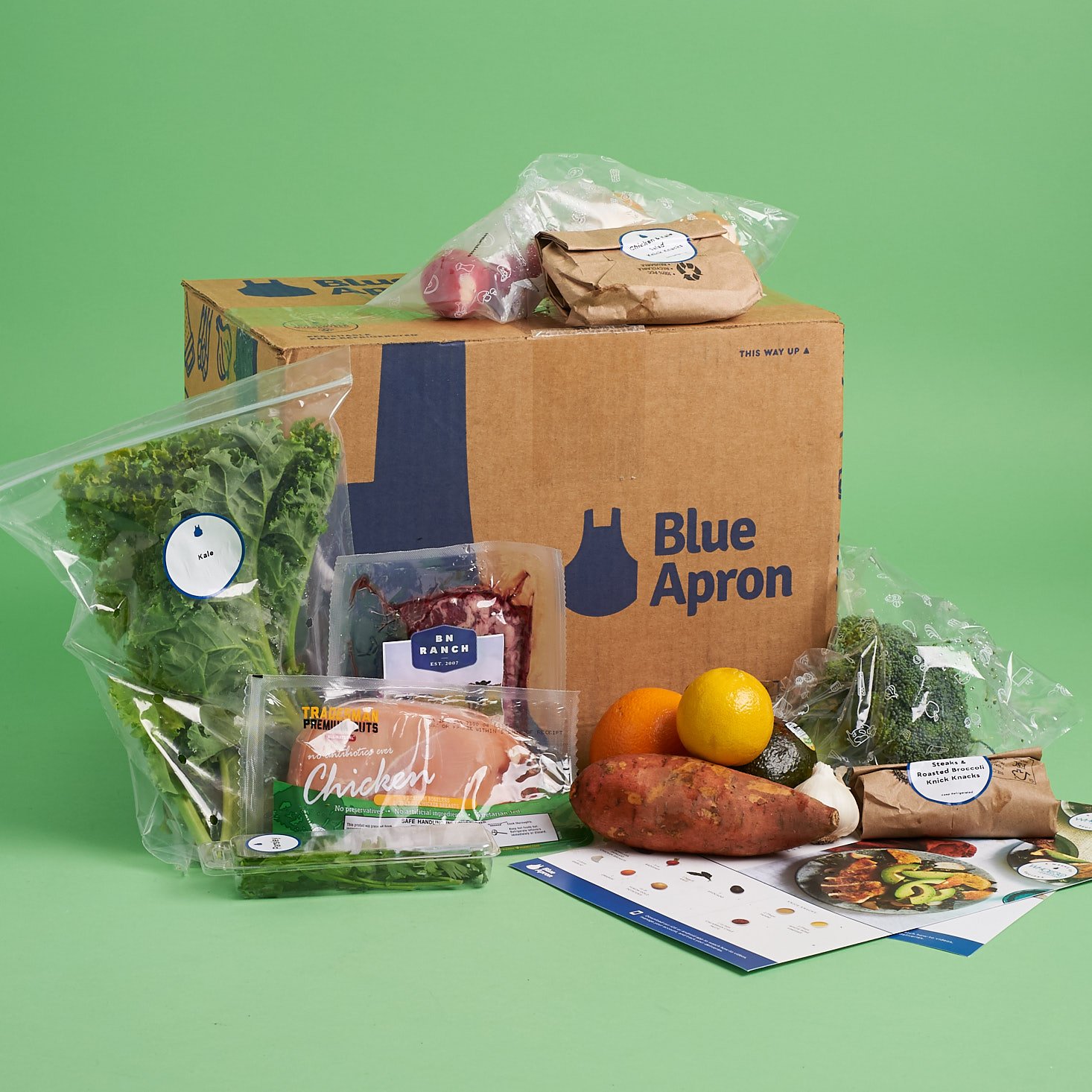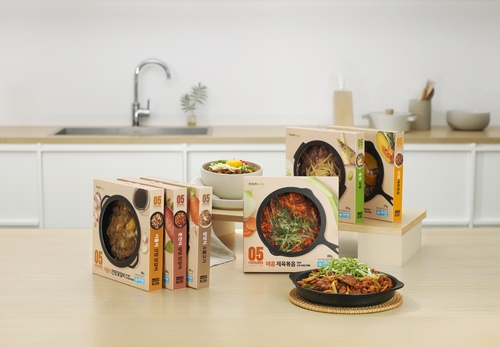Demand has surged for meal kit startups with a big boost from the ongoing coronavirus outbreak as stay-at-home consumers choose easy-to-cook meals over dining out. To meet this new demand, startups are expanding their meal kit businesses and venturing further into the market to help nurture the sector as one of their key revenue sources.
Stay safe, but eat well. Thats the meal kit mantra and it seems to be spreading. The conversation surrounding how people now buy food has changed with traditional grocery stores and other physical food markets becoming less of the norm and more of the “once was”. Grocery delivery companies, restaurant delivery platforms and meal kit services are the new normal of food consumption and with half a year into the pandemic, they seem to be sticking.
Subscriptions soar in the states .
As the pandemic rages on meal kit companies are finding a spike in active consumers demanding their online subscriptions. Sun basket reported its weekly sales have almost doubled as regular users place orders more often and for more meals.

Similarly, d2c meal delivery service Freshly is aggressively increasing its operations to meet new demand as they expect sales to grow to more than 50% this year. The New York based startup was founded in 2012 and now delivers over one million meals a week. They reported to have sold over 4.2 million meals in March, up from 3.5 million in February, while 20% of users also increased their weekly plans from six to nine meals.
Retaining customers in 2020 isnt only about having a quality product, but also being able to offer them perks beyond that, including sustainable practices like compostable packaging and less plastic. With a rise in “better for the planet” products more consumers are striving to make ethical choices while still enjoying the convenience and quality that meal kits offer.
“Our investments in technology, infrastructure and our brand have paid off, allowing us to focus on providing a variety of product options, innovating on packaging and materials throughout our supply chain to become more sustainable, and demonstrating that meal kits can be both a sustainable and profitable business model,” said a HelloFresh spokesperson.
A demand for local produce
The pandemic has also led to a major change in the way fresh and local produced fruit and vegetables are sold, as producers and growers seek out new ways to keep revenue flowing. In a report by Holland-based vegetable breeding company Rijk Zwaan it was indicated that supply chains for fresh fruit and vegetables are experiencing new shifts across the world, with consumers pivoting to online shopping and home delivery, a trend that was already in the works pre-covid.
“This has prompted retailers such as Alibaba, Walmart, Carrefour and Lidl to increase their investment in online tools…suppliers of meal kits and box schemes such as Marley Spoon and HelloFresh are increasingly gaining a foothold in the market.”
The report also noted that consumers are not only pivoting to new channels to get their weekly dose of fruits and vegetables but are also eating healthier in general, with wider awareness of foods nutritional values.
“People are also increasingly choosing local products and suppliers….the pandemic has sparked a significant rise in home cooking, particularly in the US, Latin America, Asia, Europe and Australia, so consumers everywhere are hungry for inspiration. That explains the success of fresh meal kits, both in supermarkets and from suppliers of healthy box schemes.”
With a growing demand for healthy food delivered, meal kits and other food delivery services allow a more “sanitary” way for those in the food supply chain to interact with each other ensuring less contact. With more companies leveraging technology than ever before, there is now a new gap in the market for more digitally-powered solutions, and startups across the globe are taking full advantage of it.
GrubMarket, which provides a B2C platform where it supplies grocery stores, meal-kit companies and other foodtech startups with products that they resell, announced this week that it had raised $60 million in a Series D round of investment. Among its customers include more than 500 grocery stores, 8,000 restaurants and 2,000 corporate offices, like Whole Foods, Kroger, Sprouts Farmers Market, Blue Apron, Hello Fresh, Fresh Direct and Sunbasket with GrubMarket delivering food to them that they then resell directly, or use to create their own products (like meal kits!).
A bump in the road to a bump in sales

About 8 years ago a flurry of meal-kit creators launched in the market, offering time-constrained consumers the chance to make healthy food at home. One of the early market pioneers Blue Apron quickly became a consumer favorite. However, its success didnt last long as this time last year it was on its way out as it struggled to find its place in the ever increasingly crowded market that it helped create and was widely expected to be taken over during early 2020.
By early April however the tables had turned and Blue Apron was reporting surges in its customer portfolio and revenues as demand for its meal-prep boxes spiked among isolated Americans.
Americans spent approximately $100 million on meal kits by April of this year, nearly double that of the same month in 2019, according to Nielsen.
“As we move into the second quarter, [we] are focused on driving customer retention and establishing longer-term consumer habits out of the heightened demand we have been seeing as a result of the impact of COVID-19.” – Chief Executive Officer Linda Findley Kozlowski. Read the full press release here.
Now, the meal kit brand is leveraging their pandemic boost in a bid for growth as they expand their suite of offers, allowing users to customize their subscriptions in efforts to increase flexibility and variety. Customers can now order multiple boxes per week, customize select components of recipes and get up to four recipes per box. This is the latest sign of growth for meal kits during the pandemic — growth that has resulted in increased innovation across the space.
Even restaurants are joining in
With restaurants closing amid a global lockdown, founders had to think of new ways to keep revenue flowing. Chicago-based restaurant Frontier first entered the meal kit space providing consumers with weekly family kits when it was forced to close down as lockdown rules tightened across the country.
“We started putting together all these little packages and wanted to make them reasonable and creative” – executive chef and partner Brian Jupiter.
The diners meal packages quickly took off and other restaurants have followed suit, offering consumers their own ingredients to cook at home.
With food delivery services like Uber Eats and Deliveroo depending on restaurants to cook their meals many of these once heavily demanded services were left in limbo at the beginning of lockdown. Meal kits didnt face this challenge however, as their now seemingly sensible business model doesnt rely on supply. They control their own supply chain, and perhaps thats where their success has lied during covid. What do you think?

